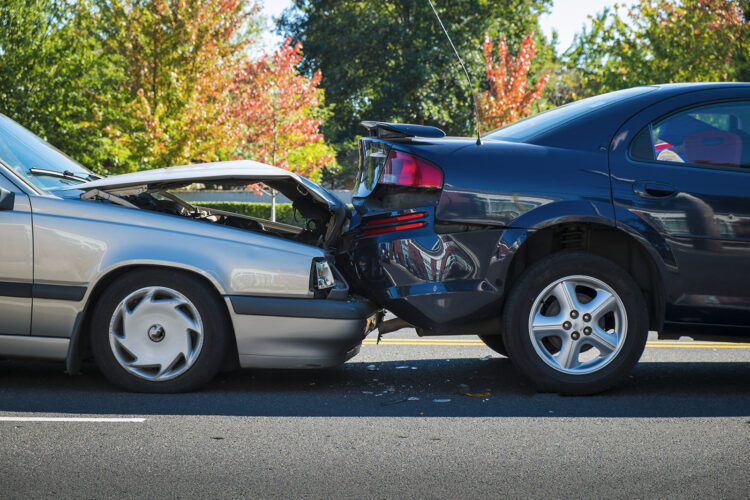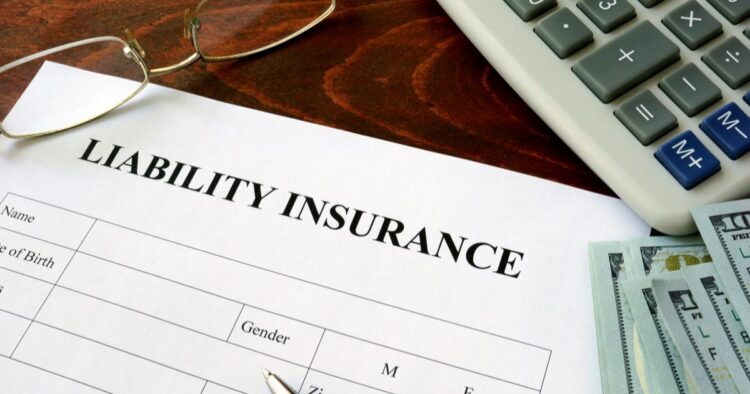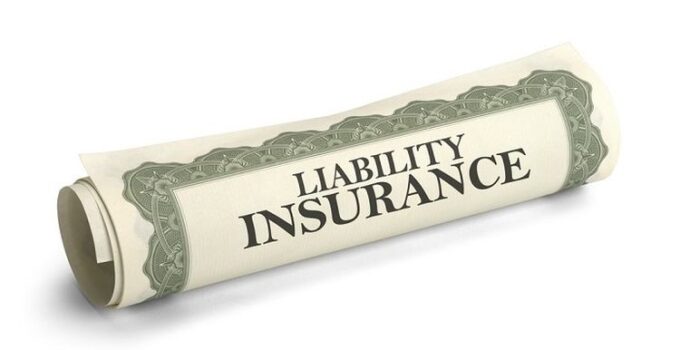The human being is constantly exposed to risks from the most diverse origins; at any time you can suffer or cause harm as a result of a traffic accident, work incident, medical procedure, bank fraud or other circumstances.
Whoever suffers a loss acquires the right to be compensated and whoever causes it, consequently, is obliged to make reparation to the former in a comprehensive manner. These principles constitute the object of civil liability; It is the responsibility of this discipline to make available to the community the legal tools necessary to guarantee that victims receive the compensation to which they are entitled.
The Civil Liability Insurance was created to protect the insured when he has caused harm and the respective compensation is required, so that he does not have to directly assume the obligation to pay the victim, which can be very large, but finds support in the coverage granted by the insurer.
Page Contents
Definition and elements of liability

source:pxhere.com
Civil liability is the legal consequence by virtue of which the person who has behaved unlawfully must compensate for the damages caused by his conduct. In other words, a subject is civilly responsible when he is obliged to repair the damages that another suffered as a result of his conduct. In order for civil liability to be configured, it is essential that the following three elements are gathered:
Damage

source:qualityinspection.org
It is the central and essential element for configuring civil liability; if there is no harm, another cannot be sentenced, as responsible, to compensation. It is defined as the reduction or alteration of a favorable situation. The Supreme Court has said that:
“Damage understood in an iconic sense, that is, the injury, detriment or impairment of a right, interest or even a value protected by the legal system, is the first element or assumption of civil liability.” It should be noted that it has various manifestations and can attack both the material and the immaterial. In general terms, it can be classified as follows:
- Property or material damages
- Emerging damage
- Loss of profit
- Immaterial ones
- Moral harm
- Physiological or damage to life in relation
- Damage to health
- Causal link
The importance of this concept lies in two reasons: on the one hand, it allows it to be condemned only when the conduct effectively caused unlawful harm and, on the other hand, it limits the damages for which must respond, insofar as it allows to attribute exclusively the harmful consequences that derived directly from their actions.
There are three events that break the causal bond and that allow being released from responsibility, which constitute the so-called strange cause.
Force majeure: Corresponds to an unpredictable and irresistible fact that causes it. It can be caused by an earthquake, for example, escapes the judgment of responsibility for being derived from a force majeure.
Third-party fact: Corresponds to the intervention of an external subject in the production of damage.
Guilt of the victim: The cause of it is an act or omission of the victim himself. A case that demonstrates the above is that of suicide, in which the damages derive directly from the conduct of the injured party.
In order for liability to be configured, and the consequent obligation to repair a person’s head, it is essential that the person be the cause of the damage and that none of the forms of strange cause be presented.
Guilt

source:pxfuel.com
As a general rule, any action that undermines the rights of another person will give rise to civil liability. However, the fact that causes harm must constitute a wrongful act; A legal action, such as an embargo, even if it causes damage, will not give rise to any liability. This wrong may correspond to a guilty or intentional act or omission.
Guilt: It is the mistake of conduct made by an unwise person. It is equated with negligence or recklessness. As an example of the above, one can think of the person who accidentally breaks a valuable piece of porcelain, without the willingness to do so.
Willfulness: It is the positive intention of causing harm or committing an offense. Whoever steals another’s computer, for example, has maliciously caused harm.
Therefore, for the responsibility to be configured, it is necessary to meet the three elements mentioned above.
Liability insurance
From a general perspective, any insurance is intended to free the insured from a risk that threatens his assets, transferring it to an insurer. Consequently, if the risk is realized, the insurance company undertakes to pay the respective compensation. As experts suggest, it is also a good choice to choose a policy where is your partner and kids are also covered.
As is evident, Liability Insurance has a dual purpose: on the one hand, it protects the insured in the events in which he must pay compensation for being civilly responsible and, on the other, he compensates the victim for the damage suffered.
Importance of liability insurance

source:sagicor.com
As you can see from all of the above, chances are very high that you will need this type of insurance. And it is especially important if you are a small business owner. Here are the most important things to protect you from:
In case of an injury at work
If any of your workers are injured in the workplace, medical expenses and all other related expenses may be covered. If you do not have insurance, then you will have to pay everything out of your own pocket.
If you have to go to court
If someone decides to sue you, your policy may cover your trial costs.
If the property is damaged
If something related to your company, such as workers, products or anything, causes harm to someone’s property, your policy may save you. Without it, all costs will be on your company and this can lead you to bankruptcy.
Who needs it?

source:sagicor.com
Many business owners have made a mistake. Due to the nature of the work they do, which is, for example, office work, they decide that they do not need insurance. They are certainly less likely to need them than someone in industry, manufacturing, construction, but that doesn’t mean there is no danger.
In the office, someone can also fall or fall into the toilet. There may be a power problem that will lead to injury. And many other things that would occur to you, and can jeopardize your budget.
Conclusion:
To sleep peacefully at night, we advise you to insure yourself. Just be careful before you sign and read the policy in detail.
For more information click here: https://www.coya.com/private-liability





